
Stonehenge officially opens to the public at 0900 so Cal was forced to take pictures from beyond the park fence. So there is a rise blocking the bottom of Stonehenge.


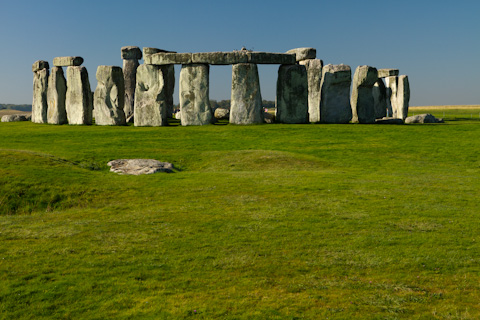
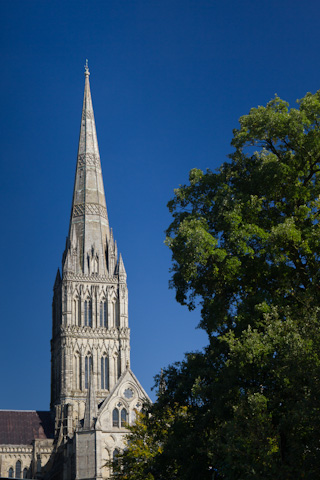
Salisbury Cathedral, formerly known as the Cathedral Church of the Blessed Virgin Mary, is an Anglican cathedral and an example of Early English architecture. The main body was completed in only 38 years, from 1220 to 1258.

The Salisbury Cathedral contains the world's oldest working clock (from AD 1386) and has the best surviving of the four original copies of Magna Carta.
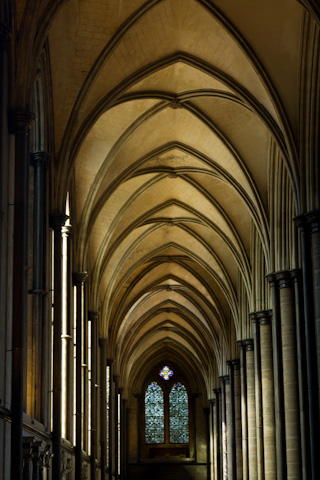

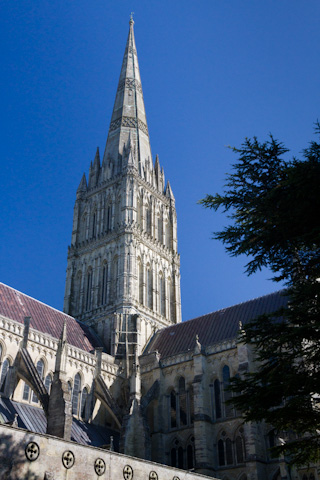
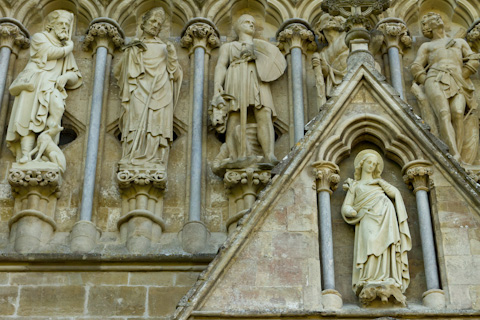

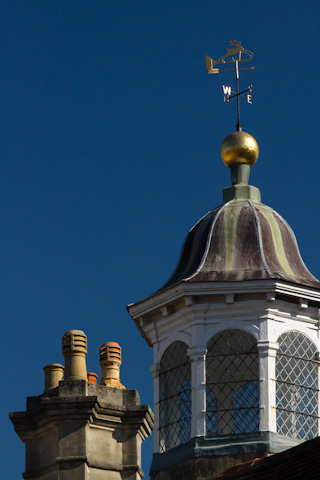
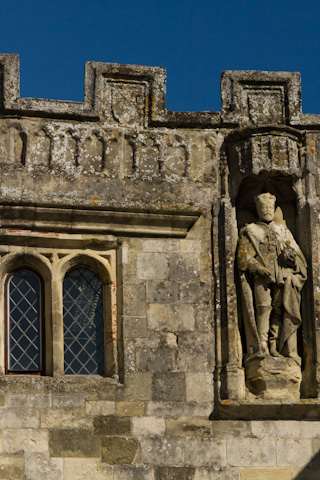
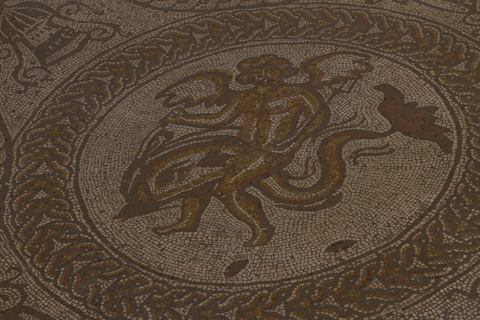
Remains at Fishbourne date to the first century when the Romans built a couple of granary stores here soon after the invasion of Britain. Experts found weapons but no evidence of a military camp and were thereby led to believe that Fishbourne was initially a military supply base. This was soon abandoned and a timber structure built on the site would be replaced by a stone palace in 90 AD.
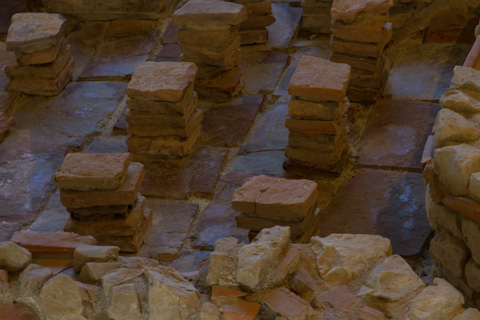
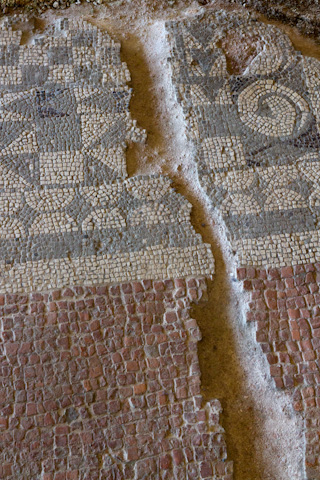
This picture is of the gash caused by the workman across the mosaic floor of the Fishbourne Roman Palace.

A cross on top of a building along the road to the Chichester Cathedral.
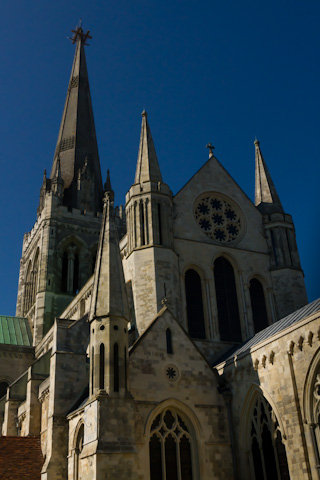

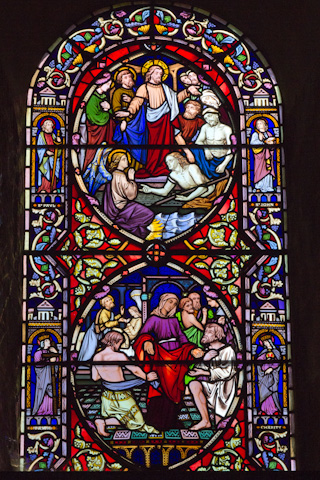

Stained glass in the Chichester Cathedral.


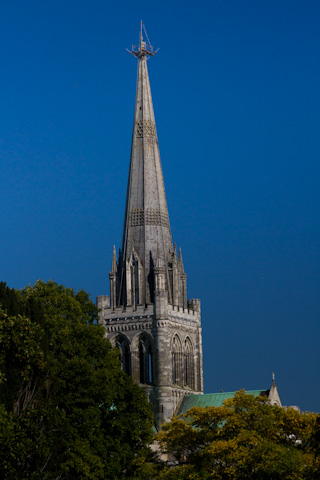
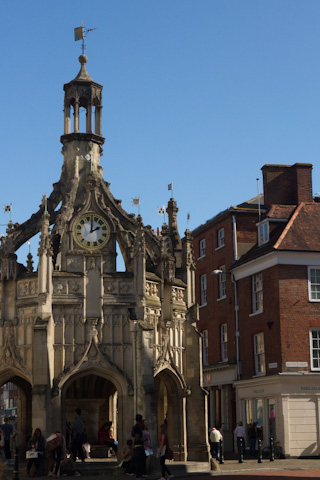
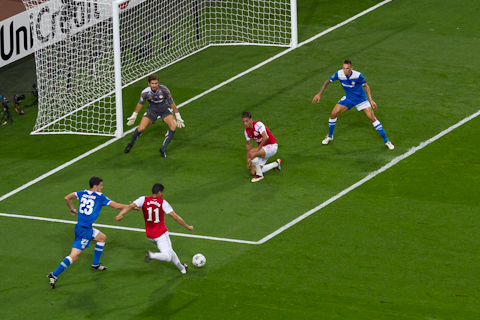
We were quite a way from the action but I had a long lens and caught a goal by Arsenal. First the Arsenal player (in red) winds up a kick.
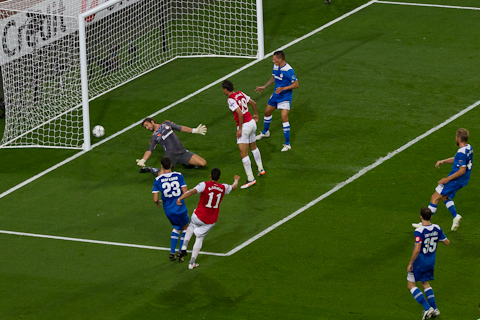
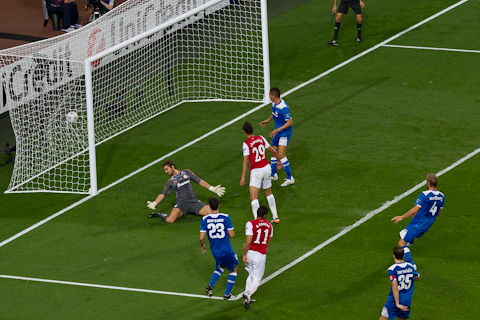
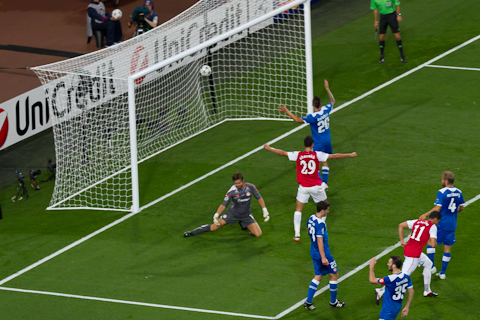
Arsnel won - 2 to 1. The return trip put me in bed around 1:00 in the morning. A long day from 0400 to Stonehenge to 0100 the next day after an exciting football - oops soccer - game.